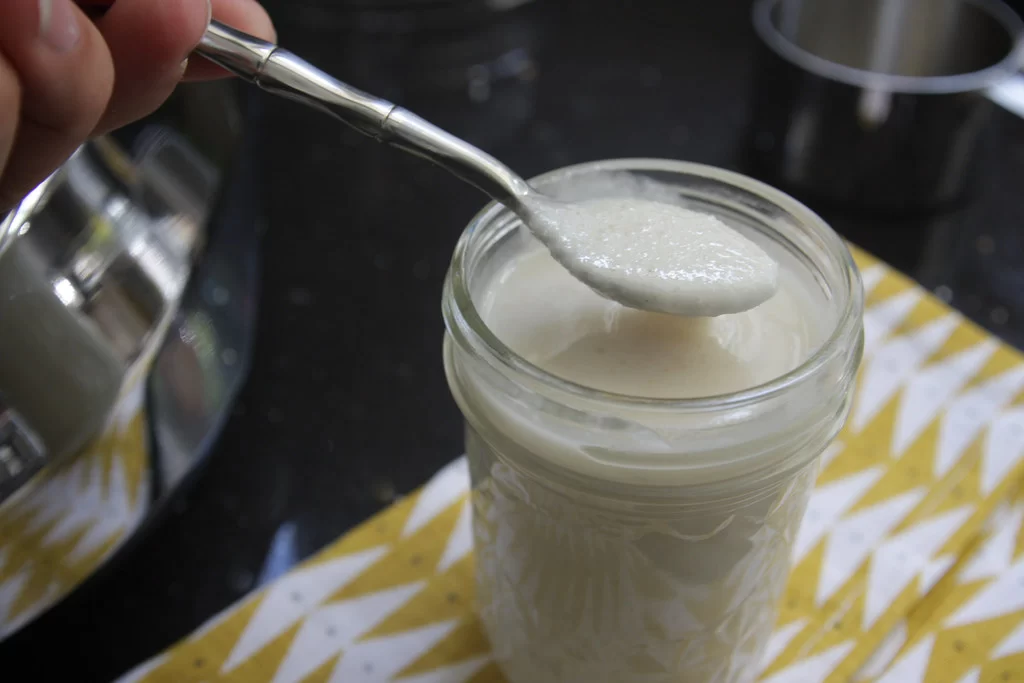Many South Asian diets include coconut oil as a staple. At first, coconut oil was deemed to have a detrimental effect on health and was grouped with foods high in saturated fatty acids. However, studies have shown that medium-chain fatty acids are abundant in coconut oil. This has therefore created fresh opportunities for its usage in numerous industries.

In addition to being used in cooking, coconut oil is noteworthy for its hypocholesterolemic, anticancer, anti-hepatosteatotic, anti-diabetic, antioxidant, anti-inflammatory, anti-microbial, and skin-moisturizing characteristics.
The flesh of a mature coconut called ‘copra’ is stripped and dried coconut flesh. With a specialized machine extractor or press, copra is pressed and extracted the oil known as coconut oil.
The oil can be extracted using a variety of techniques, but regardless of the technique, it is best to avoid oil that has been refined, bleached, or deodorized because these procedures lessen the health advantages as well as the flavor and aroma of the coconut oil.
Coconut oil is utilized as a herbicide, a cooking ingredient, and even for skin treatment.
Benefits of Coconut Oil
Health benefits of coconut oil
- Research suggests that coconut oil improves the balance of cholesterol levels in the blood. It also seems to protect arteries by reducing injury and clogging
- Due to its ease of digestion and rapid burning, coconut oil may even aid in weight loss.
- Antiviral, antibacterial, and antifungal activities are all found in coconut oil. This indicates that it improves immune defense and lowers infection susceptibility.
Coconut oil for skin benefits
Due to its anti-inflammatory characteristics, coconut oil is beneficial for many various types of skin conditions, including eczema, psoriasis, and contact dermatitis.
Coconut oil is frequently included in skincare products. It is regarded as having a number of possible skin advantages and is popular for its hydrating qualities. While some people use coconut oil to help cure certain skin disorders, others use it as a natural moisturizer on their skin.
The use of coconut oil for healthy skin is supported by some scientific research. For instance, a study indicated that coconut oil can enhance skin hydration and decrease water loss in adults with dry skin. The study was published in the Journal of Traditional and Complementary Medicine. Another study indicated that coconut oil may have antibacterial characteristics and may be efficient at suppressing the growth of some types of bacteria on the skin. This study was published in the Journal of Dermatological Science.

Additionally, coconut oil may be helpful for disorders like eczema that affect the skin. According to a research in the Journal of the American Academy of Dermatology, using coconut oil as a moisturizer can help reduce the symptoms of eczema in both adults and children.
It’s crucial to remember that not everyone can use coconut oil because some people may react allergicly to it. Before using any new skincare product, including coconut oil, it is always a good idea to conduct a patch test to ensure that it is suited for your skin.
Coconut oil for face
Using coconut oil as an overnight moisturizer can be beneficial for people with very dry, chafed, or flaky skin.A clinical trial at JAAD International, with virgin coconut oil treatment showed a significant reduction in inflammatory acne grading number of papules, pustules, and skin sebum.
However, on contrary, due to its high comedogenic rating, coconut oil may pose serious issues for anyone with sensitive or acne-prone skin. Because it lies on top of the skin, coconut oil can’t penetrate the pores, which means it might potentially smother your skin and clog your pores.
Coconut oil for hair: is coconut oil good for your hair?
The best oil to put on your hair to prevent protein loss and maintain its health is frequently cited as coconut oil. When used either before or after washing the hair, coconut oil was found to be more effective at preventing protein loss than both mineral oil and sunflower oil.
In research experiments, coconut oil really outperformed the competition and slowed down protein loss in unharmed, bleached, chemically treated, and UV-exposed hair.
For Teeth: does coconut oil whiten teeth?
Despite the fact that there is no scientific evidence that coconut oil may whiten teeth. While some believe that using coconut oil as a mouthwash or directly on the teeth can help whiten them, these approaches have not been demonstrated to be effective. You can, however, utilize coconut oil for oil pulling to improve your mouth health.
Oil Pulling with Coconut oil
Oil pulling is an oral hygiene practice that entails swishing oil in the mouth for a few seconds before spitting it out. Some believe it has a number of possible health benefits, including as increasing dental hygiene, lowering the risk of cavities, and boosting gum health.
A study published in the Journal of the Indian Society of Pedodontics and Preventive Dentistry in 2016 found that oil pulling with coconut oil may be effective at reducing the number of Streptococcus mutans bacteria in the mouth, which can cause tooth decay. However, this study also had a small sample size and was not a controlled trial, so further research is needed to confirm these findings.
Coconut oil is one of the most often used oils for oil pulling. Take a teaspoon of coconut oil and swish it around in your mouth for about 15-20 minutes to do oil pulling. Make sure to use a high-quality, food-grade coconut oil for this. When the timer goes off, spit the oil into a garbage bin (do not swallow it or spit it down the drain as it can clog pipes). Brush your teeth and rinse your mouth with water as usual.
While oil pulling with coconut oil may have some benefits for oral health, it should not be used in place of conventional dental care and should be used in addition with brushing and flossing. If you have any concerns about the health of your teeth or gums, you should see a dentist.
- Step By Step Turmeric Milk (Golden Milk) Preparation - July 18, 2024
- 18 Incompatible Food or Viruddha ahara List And Details (2024) - July 8, 2024
- A Yoga Meditation To Connect To Power In 2024 - December 11, 2023
